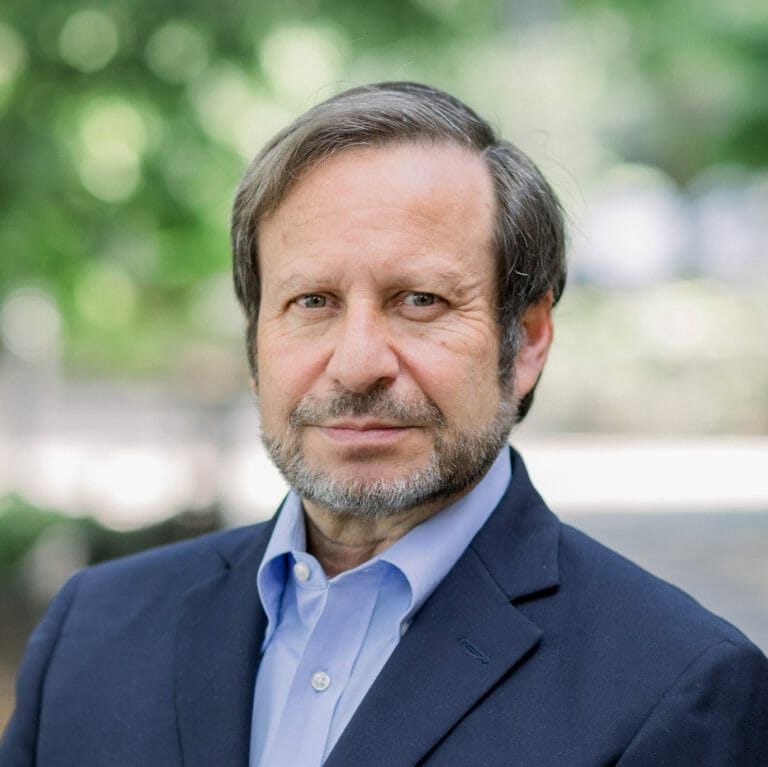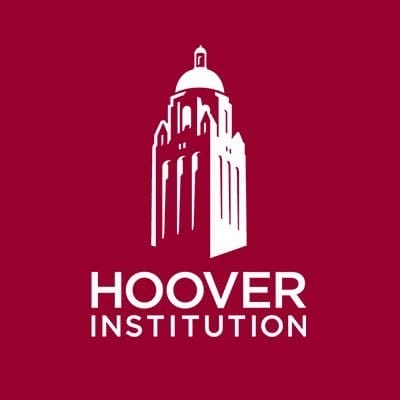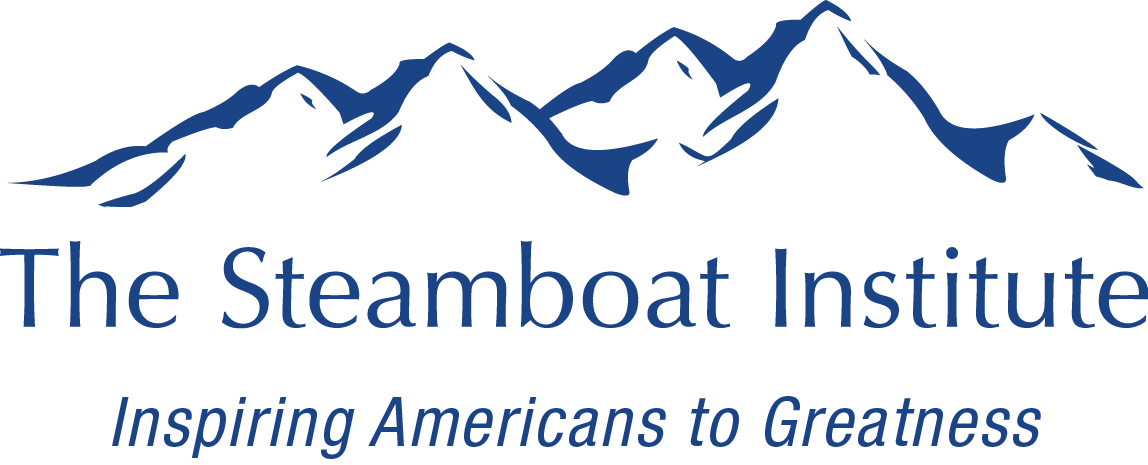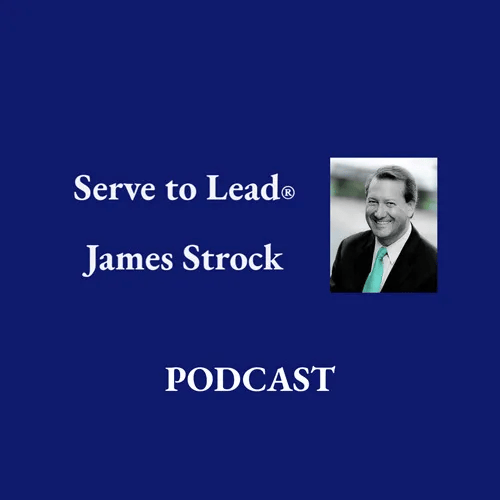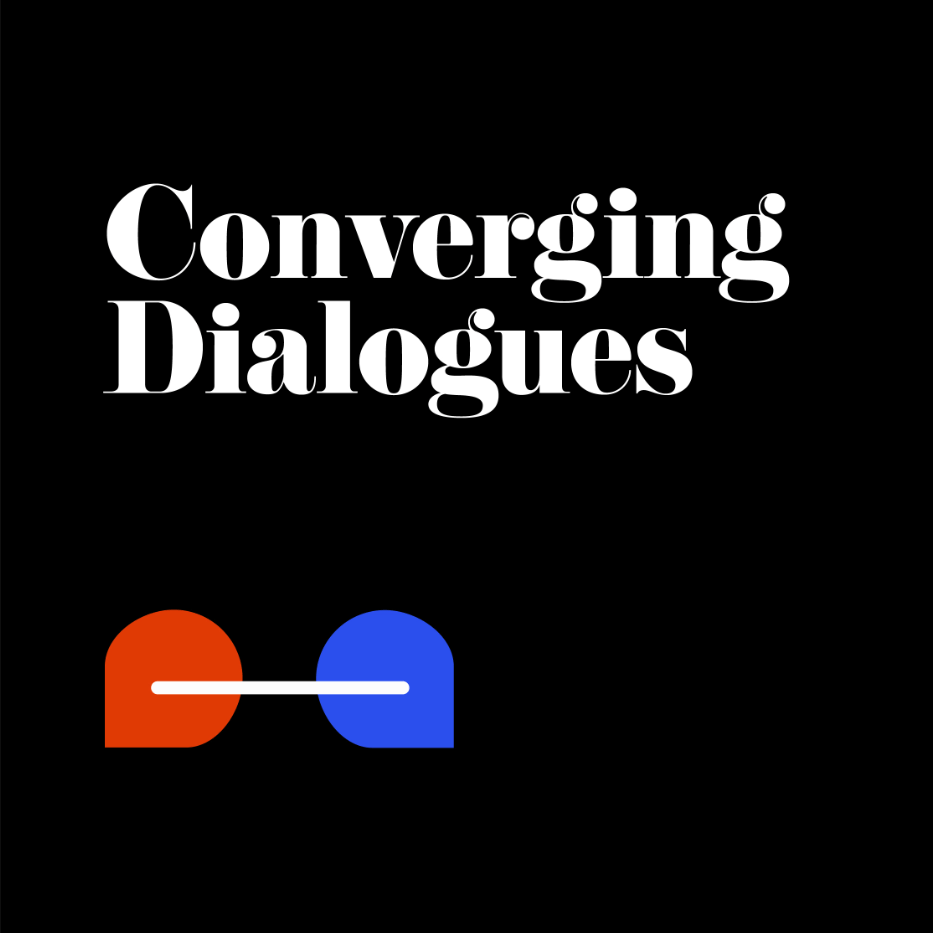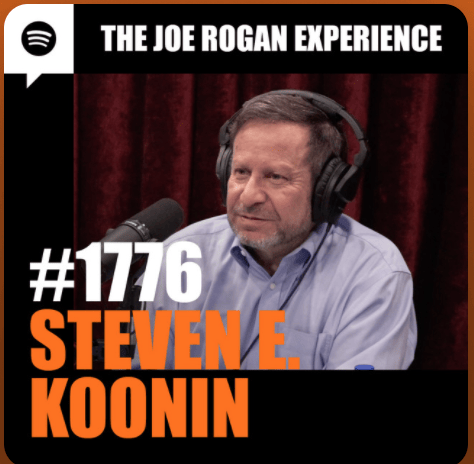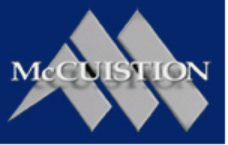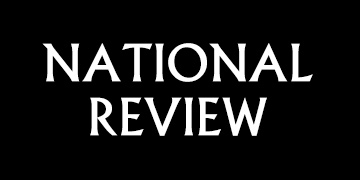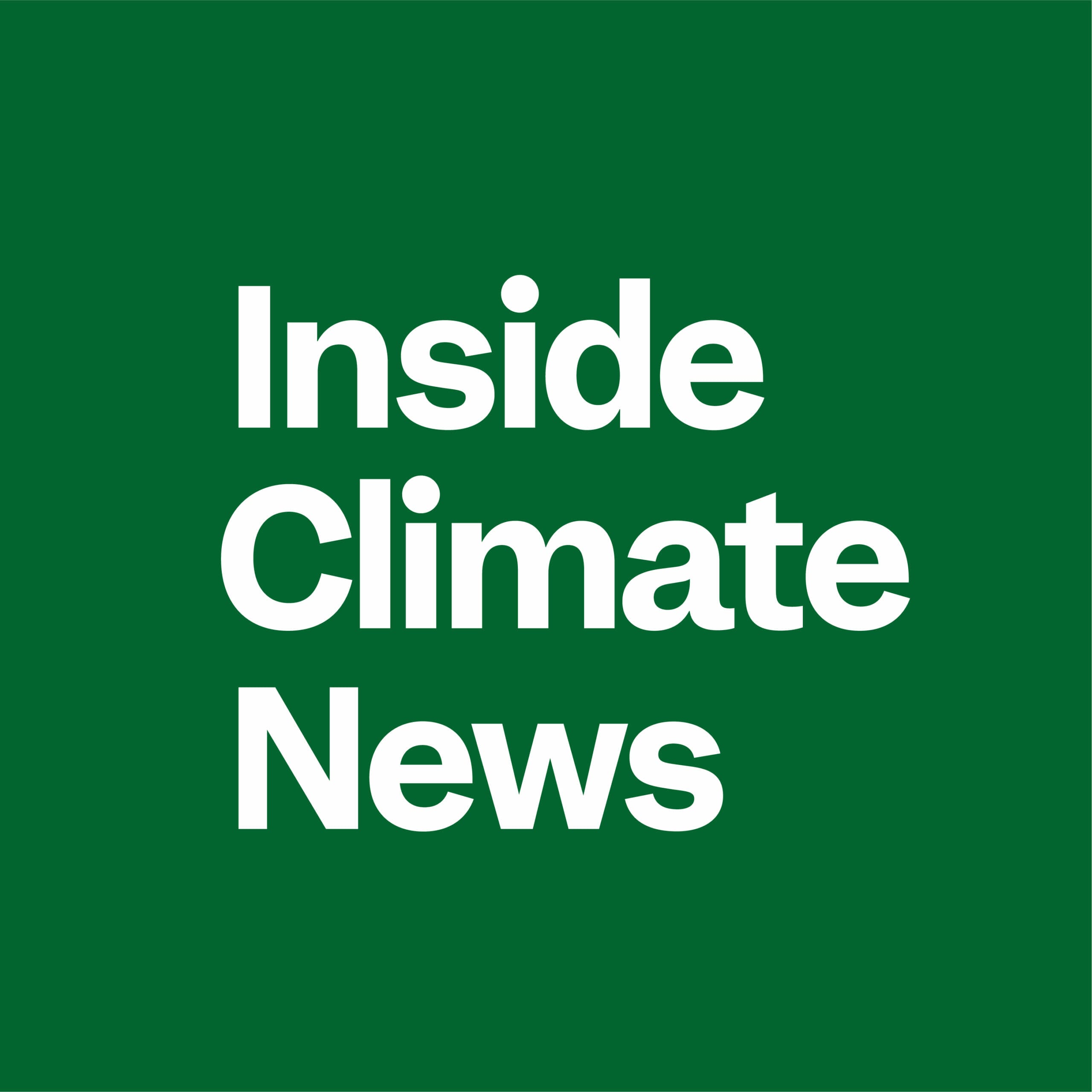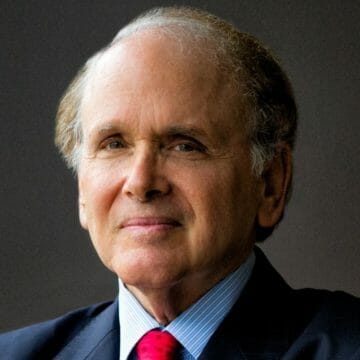Videos
Learn More About Steven E. Koonin
Business leaders are facing mounting pressure to convert to emissions-lite practices and technologies as part of a global effort to achieve “net zero” carbon emissions by mid-century. Even the U.S. government has deemed climate change an existential national security issue. But is that taking things too far?
“The world is not going to end in 12 years. The science does not say that,” explains Steven E. Koonin, one of the world’s leading experts on energy and climate-related solutions.
A noted theoretical physicist who received his Ph.D. from MIT and taught at Caltech for more than 30 years – serving as Caltech’s Vice President and Provost for nine years – Koonin has been advising government and business leaders for decades. As Undersecretary for Science at the U.S. Department of Energy during the Obama Administration, and earlier as Chief Scientist at BP, he was a strong advocate for research into renewable energies and alternative fuel sources. His work focuses on decarbonization strategies, cost-effective alternatives for transportation, electricity and heat, and research and development aimed at reducing the cost of emissions-free energy sources.
In his eye-opening, bestselling book “Unsettled: What Climate Science Tells Us, What It Doesn’t, and Why It Matters” (BenBella Books, May 2021), Koonin suggests we look more closely at the climate science that has been eclipsed by hype in recent years. Around 2014, while reviewing reports on climate change, energy and technology, Koonin began noticing a disconnect between what he was reading and the mainstream messages. Attempting to set the record straight, he published a series of op-eds in The New York Times and The Wall Street Journal trying to explain the fuller story behind the headlines. Seeing that his commentary didn’t change the conversation, he finally sat down and wrote “Unsettled.” Three years in the making, the book quickly sold out, was named one of Amazon’s “best books of the year so far” in June 2021 and a best science book of 2021, and caught the attention of Forbes, The Wall Street Journal, National Review and scores of other news outlets.
“Scientific and societal realities compound to make stabilization of the atmospheric concentration of carbon dioxide, let alone its reduction, a distant prospect,” wrote Koonin in a 2015 op-ed in The New York Times. “As a result, even as the world struggles to reduce emissions, human influences on the climate will not be decreasing for many decades. Thus, adaptation measures such as raising the height of sea walls or shifting to drought-resistant crops become very important. Fortunately, adaptation is on the table in Paris to complement emissions reductions…But whatever the outcome in Paris, or of future discussions of emissions and the climate, the reality is that humans must continue to adapt, as they always have.”
Winner of the American Academy of Sciences and Letters’ inaugural Barry Prize, recognizing extraordinary achievement and unwavering commitment to excellence within the arts, sciences, and learned professions, Koonin is founding director of NYU’s Center for Urban Science and Progress (CUSP), an award-winning teacher and a delightful speaker who is as comfortable in front of an audience as he is behind his piano – the “career he gave up to pursue science.” A technology expert as well, he goes beyond advising companies on energy strategies to helping leaders in any sector understand which technologies make the most sense for their business so they can make informed decisions and avoid costly investment errors.
As for the big picture of climate change, energy and technology solutions, Koonin remains a strong advocate for location-specific energy solutions and adaptation measures, noting that a worldwide strategy is not the answer. He is also passionate about integrity in science, calling on scientists to remain ethical and unbiased when collecting and disseminating information and to steer clear of distorting facts for the sake of agendas.
“A scientist’s goal in talking to people who do not know the science is to inform without bias, not to spin or persuade,” says Koonin. “Scientists have a responsibility to tell the truth.”
# # #
Steven E. Koonin is a member of the National Academy of Sciences, the American Academy of Arts and Sciences, and JASON, the group of scientists who solve technical problems for the U.S. government. He served as JASON’s chair for six years. From 2014 to 2019, he chaired the National Academies’ Divisional Committee for Engineering and Physical Sciences and since 2014 he has been a trustee of the Institute for Defense Analyses. He was a member of Governor Cuomo’s Blue Ribbon Commission to Reimagine New York in the post-COVID-19 era and he is currently an independent governor of the Lawrence Livermore National Laboratory. He has served in similar roles for the Los Alamos, Sandia, Brookhaven and Argonne National Laboratories
Dr. Koonin has a Bachelor’s in physics from Caltech and a doctorate in theoretical physics from MIT. He is an award-winning classroom teacher and his public lectures are noted for their clarity in conveying complex subjects. He is the author of the classic 1985 textbook “Computational Physics,” which introduced methods for building computer models of complex physical systems. He has published more than 200 peer-reviewed papers in the fields of physics and astrophysics, scientific computation, energy technology and policy, and climate science, and has been the lead author on multiple book-length reports, including two National Academies studies.
Steven E. Koonin is available to advise your organization via customized virtual and in-person keynotes and interactive workshops through the exclusive representation of Stern Speakers & Advisors, a division of Stern Strategy Group®.
Unsettling Climate Science
Popular and political discussions of the changing climate invariably invoke “The Science” as settled. But a careful reading of the research literature and government assessment reports shows a very different picture. In this talk, based on his bestselling book, “Unsettled,” New York University Professor Steven Koonin − one of the world’s leading experts on energy and climate-related solutions − describes some of the surprises in the official science that belie the notion that we’ve already broken the climate and face certain doom unless we take prompt and drastic action. He also documents how society’s right to make fully informed decisions about climate and energy has been usurped by distortion in the assessment reports and media. He closes the talk with suggestions for improving the presentation of climate certainties and uncertainties to nonexperts.
Climate Change Strategy and Policies: Getting the Science Right
The idea that “climate science is settled” runs through today’s popular and policy discussions. Unfortunately, says Steven E. Koonin – a renowned authority on energy technology strategy and climate research – that claim is misguided and has distorted public and policy debates on issues related to energy, greenhouse gas emissions and the environment. In this presentation, based on his eye-opening book, “Unsettled,” and his years of work diving deep into government studies, Professor Koonin helps bridge the gap between what we’ve been told about climate change and the broader scientific research that has been obscured. Audiences come away with a deeper understanding of the earth’s climate system, how global and regional climates have changed in the recent and distant past, and how climate models are used to project future changes driven by both natural and growing human influences. Participants also learn how to critically read climate coverage in the media, government assessment reports and the research literature.
Energy Technologies: Business, Regulations and Sustainable Solutions
Which technologies will allow businesses to produce, store, transmit and use energy that provides heat, light and mobility in the future, and what regulations will govern those activities? In this talk, NYU professor Steven E. Koonin, one of the world’s leading experts on energy and climate-related solutions and founding director of NYU’s Center for Urban Science and Progress (CUSP), discusses the state of the world and U.S. energy systems, environmental and economic considerations, and nascent technologies and business models that are poised to redefine and reshape our energy future. Participants learn about the structures and scales of the global and U.S. systems and the drivers of change, including pollution and greenhouse gas emissions, economics and energy security. Professor Koonin also discusses existing and new technologies – including energy storage, fusion, advanced fission, carbon capture, wind, solar, biofuels and efficiency measures – that can satisfy those drivers. After providing an overview of the U.S. energy innovation system, he outlines practical ways businesses can interact with it.
Energy, Transportation and the Promising Future of Cities
Anyone concerned about the future of cities will want to hear from New York University professor Steven E. Koonin, one of the world’s leading experts on energy and climate-related solutions and founding director of NYU’s Center for Urban Science and Progress (CUSP). In this talk, Professor Koonin highlights technologies and energy solutions that will make cities more sustainable while improving quality of life. Audiences learn about how engineering, policy, design and finance come into play, and how innovative data and technology-driven solutions – data for social good – are helping improve city services, create smart infrastructures and tackle issues such as crime and environmental pollution.
Unsettled Climate Science Has Implications For Vision Zero
December 28, 2021
Climate Change Brings a Flood of Hyperbole
August 10, 2021
Facebook’s Book-Banning Blueprint
May 7, 2021
‘Unsettled’ Review: The ‘Consensus’ On Climate
April 25, 2021
Who Tells the Truth About Climate Change?
April 23, 2021
How a Physicist Became a Climate Truth Teller
April 16, 2021
The Climate Won’t Crash the Economy
November 26, 2018
A Deceptive New Report on Climate
November 2, 2017
The Tough Realities of The Paris Climate Talks
November 4, 2015
Climate Science Is Not Settled
September 14, 2014
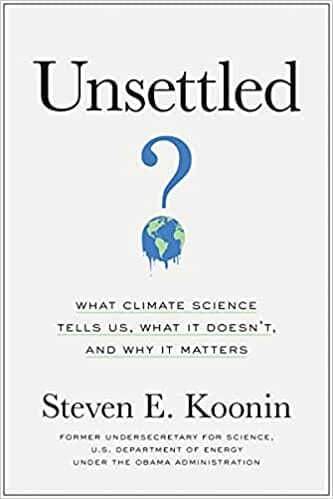
Unsettled: What Climate Science Tells Us, What It Doesn’t, and Why It Matters
(BenBella Books, May 2021)
A theoretical physicist, futurist and technologist, NYU Professor Steven E. Koonin’s knowledge reaches far beyond climate science and energy solutions. He also helps leaders understand and leverage current and emerging technologies and scientific processes. He can address any or all of the following topics via virtual or in-person advisory meetings, education programs or keynotes. Inquire about a customized engagement.
- High-performance simulation
- Additive manufacturing
- Artificial intelligence and emerging technologies
- Non-medical biotech
- The future of cities (transportation, engineering, policy, design, finance)
- Alternative energy sources (wind, solar, fusion, advance fission, carbon capture, biofuels)
- Energy storage methods
- Data for social good
- Smart infrastructure
- Climate science
Praise for “Unsettled”
“Koonin… is an authority, in the best academic sense of the word…’Unsettled’ will be a mainstay of reference sections in heterodox critiques of the climate-catastrophe-industrial complex for years to come.”
“We have too many global warming books—but this one is needed. Steven Koonin has the credentials, expertise, and experience to ask the right questions and to give realistic answers.”
“‘Unsettled’ is an excellent case study on climate science, its inherent complexity and uncertainty, and a cautionary tale on how interpretive filters in the policymaking process have shaped, and sometimes misinformed, the climate policy debate. It should be on the reading list of scientists and engineers whose responsibility, as citizens, extends beyond the laboratory to communicating to a larger public often overwhelmed and confused by the media. Policymakers and politicians will find it a source of reflection for their arguments, positions, and decisions.”
“Essential reading and a timely breath of fresh air for climate policy. The science of climate is neither settled nor sufficient to dictate policy. Rather than an existential crisis, we face a wicked problem that requires a pragmatic balancing of costs and benefits.”
“Tough talk about climate politics from a statesman scientist—and a vision of what will actually come to pass.”
“Steve Koonin, the undersecretary for science under Obama, has written a very interesting and thoughtful book on climate. He documents how much of what you think you know about climate just ain’t so. Did you know that while the United States is now seeing many fewer cold records, absolute heat records are not increasing? ‘Unsettled’ will definitely and rightly unsettle your climate thoughts, and all for the better. If we are to make trillion dollar investments we deserve to be as well informed as possible.”
